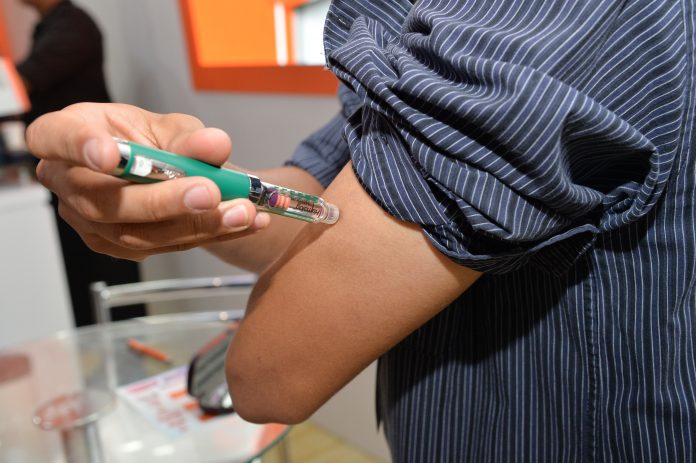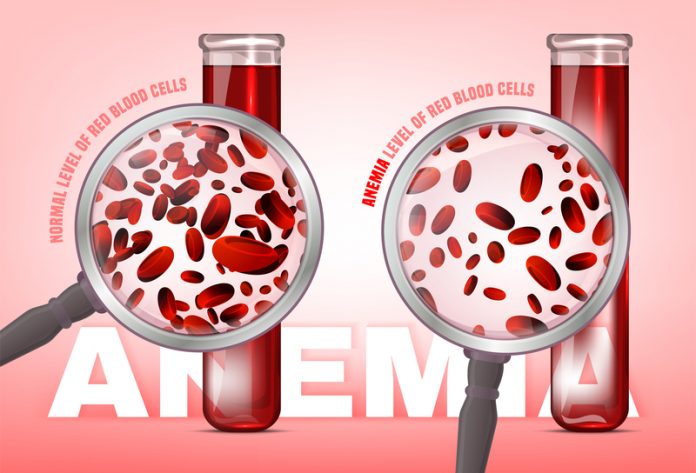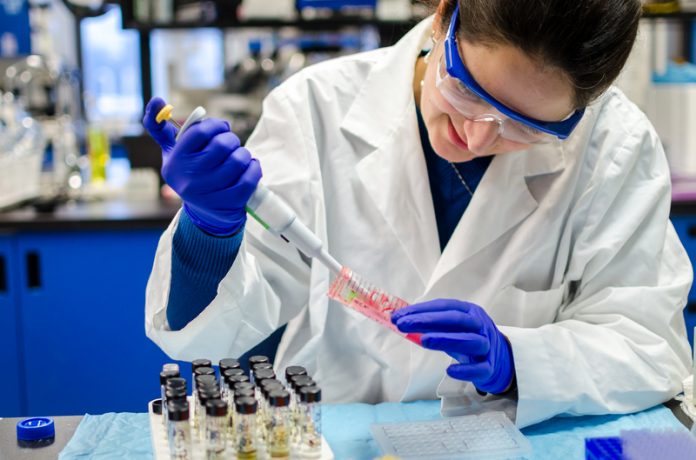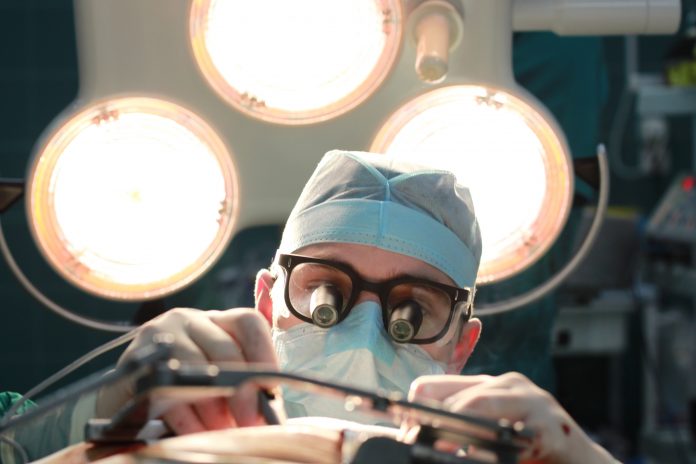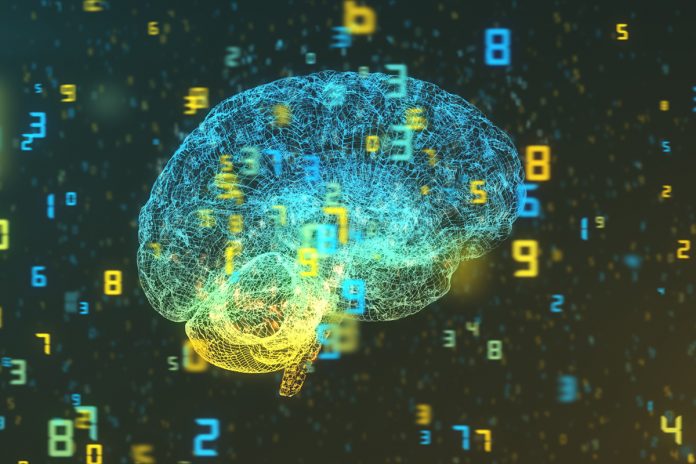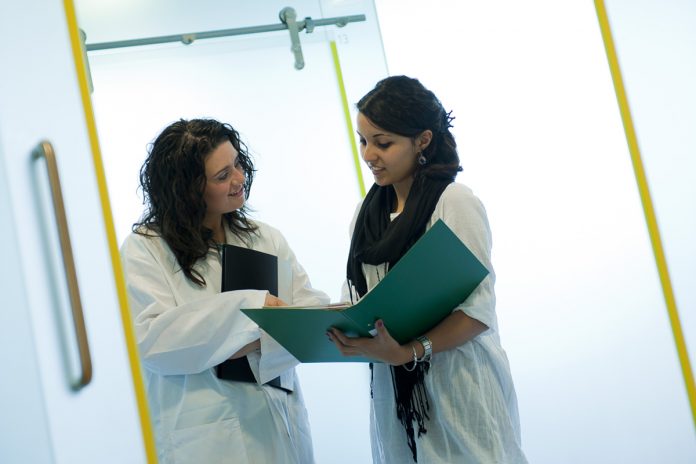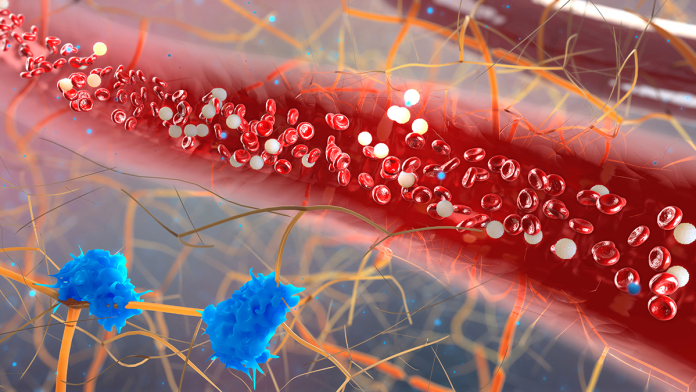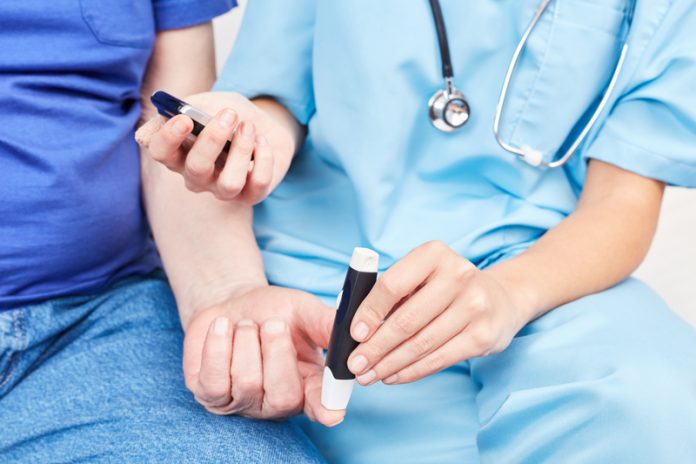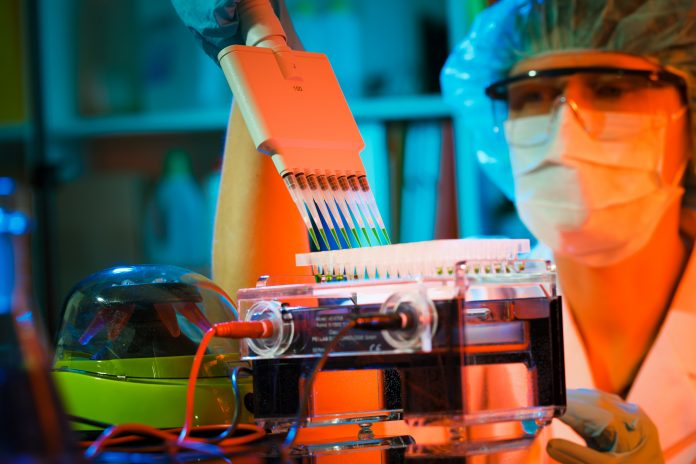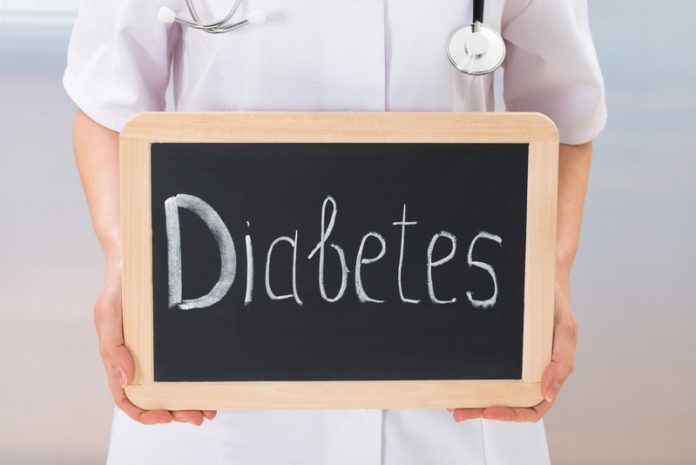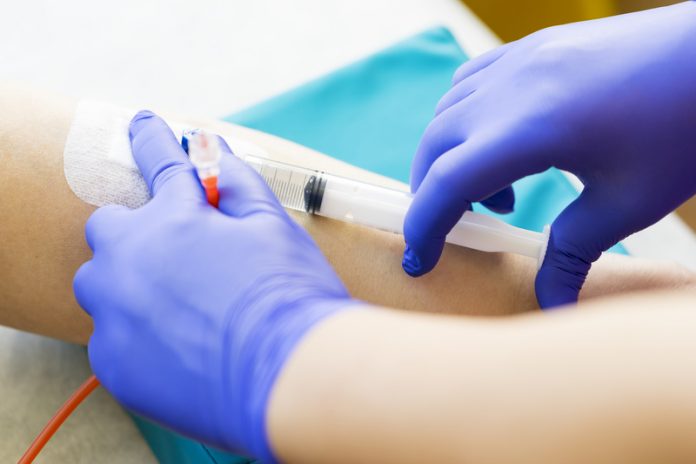Open Access Government produces compelling and informative news, publications, eBooks, and academic research articles for the public and private sector looking at health, diseases & conditions, workplace, research & innovation, digital transformation, government policy, environment, agriculture, energy, transport and more.
Home Search
red blood cell - search results
If you're not happy with the results, please do another search
Metabolic data key to individualise diabetes therapy
Peter Robins, from Metabolic Health Solutions (MHS), describes how a new clinical management tool can help individualise treatment of obesity and Type 2 diabetes.
Anaemia: Challenges and concerns on iron deficiency
Cecilia Van Cauwenberghe from Frost & Sullivan’s TechVision Group provides an overall perspective and analysis on the public health concern of anaemia, including the challenges and concerns when it comes to iron deficiency.
Employing “living biobanks” to advance biomedical research
A group of seasoned experts from the International Society for Biological and Environmental Repositories explain the notion of employing “living biobanks” to advance the field of biomedical research.
Ageing and chronic kidney disease (CKD): The phosphate connection in biomedical science
Dr Makoto Kuro-o from the Division of Anti-Aging Medicine, Jichi Medical University in Japan gives a fascinating glimpse into an aspect of biomedical science that concerns the subject of how phosphate accelerates ageing, including his thoughts on chronic kidney disease (CKD).
NHS uses AI technology to fight coronary heart disease
Dr. Connolly, Consultant Interventional Cardiology, talks exclusively to Open Access Government about the NHS use of AI technology like Heartflow in the fight against coronary heart disease.
The link between traffic-related air pollution and neurologic disease?
Pamela Lein and Rhianna Morgan discuss organosulfates and the growing connection between air pollution and neurologic disease
The World Health Organization (WHO) estimates that traffic-related air pollution (TRAP) caused by gasoline and diesel emissions from automobiles, trucks, locomotives, ships and airplanes is responsible for more than 1 million premature deaths...
Mental health big data research at the University of Glasgow, Scotland
Dr Jo Inchley, Dr Judith Brown and Prof Daniel Smith tell us all about the valuable mental health big data research taking place at the University of Glasgow, Scotland.
2019 Spring Statement: Period poverty, knife crime and STEM
In the 2019 Spring Statement, UK Chancellor Philip Hammond addressed current subjects such as period poverty alongside general poverty, knife crime, and priorities within STEM research funding.
Diabetes care at the University of Salford
Dr Danny Metoo from University of Salford explains the extent of diabetes care in the world today and the various courses on offer in the field.
The vascular origin of mental health disorders
Anju Vasudevan from McLean Hospital/Harvard Medical School looks at the progressive change in thought around brain blood vessels and their direct contribution to mental health illnesses.
Tackling the biggest challenges in diabetes care – together
John Grumitt, CEO of Changing Health and Chair of IDEAL Group highlights the importance of tackling the biggest challenges in diabetes care – together.
Cardiovascular disease: How to stop a killer
Cardiovascular disease claims the most lives every year but is largely preventable according to the President of the European Association of Preventive Cardiology, a branch of the European Society of Cardiology.
Genetic link to leukaemia in children with Down’s syndrome
Researchers at the University of Oxford have found that there is a gene link to leukaemia, already present in children with Down's syndrome.
Technology and diabetes: How can innovation address the mounting challenge?
Barbara Harpham, Chair of the UK-based Medical Technology Group, explains the role that technology can play in reducing the financial and societal burden of diabetes.
Young men with anxiety in need of more support
Research reveals that 70% of young men with anxiety report that their work performance and relationships are affected, yet well over half of them are still not seeking help.
A trans-disciplinary approach to cancer research
The use of a trans-disciplinary approach to cancer research is necessary for complex systems like tumors.
Artificial pancreas systems in Type 2 diabetes
Prof Dr Freimut Schliess, explores how artificial pancreas systems are revolutionising healthcare for Type 2 diabetes patients.
7 ways to avoid catching the flu
The days are getting shorter, the kids are back at school, and there are noticeably more leaves drifting around. As the Stark family motto grimly states, ‘Winter is coming,’ and with it, the promise of the start of the flu season
Type 2 diabetes in the UK: How effective use of treatments could help address...
Professor John Wilding from the University of Liverpool discusses how more effective use of treatments and greater support for healthcare professionals can make the difference in the battle against Type 2 diabetes
Point-of-care devices technology for therapeutic drug monitoring in cancer treatment and beyond
Christian Siebel and Dott.ssa Bianca Posocco detail the work of DIACHEMO, a Euroepan project developing a platform technology for point-of-care devices for chemotherapeutics and other drugs.

